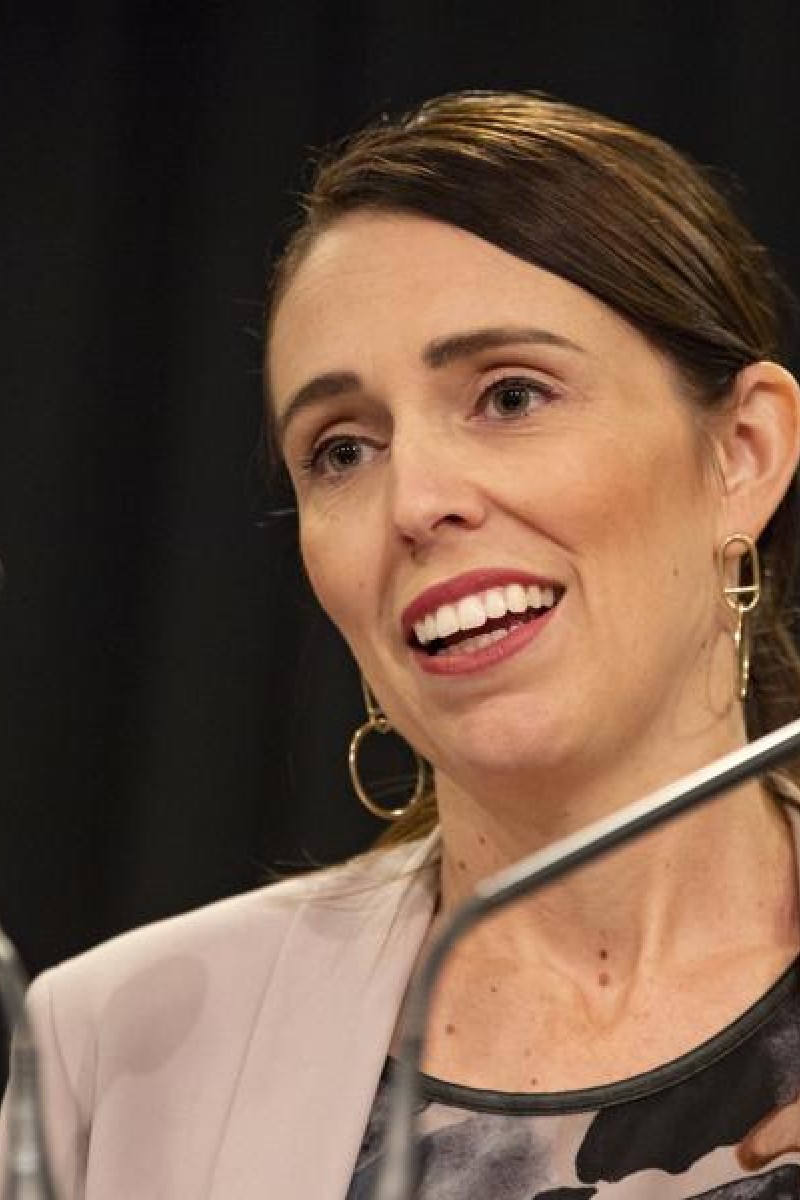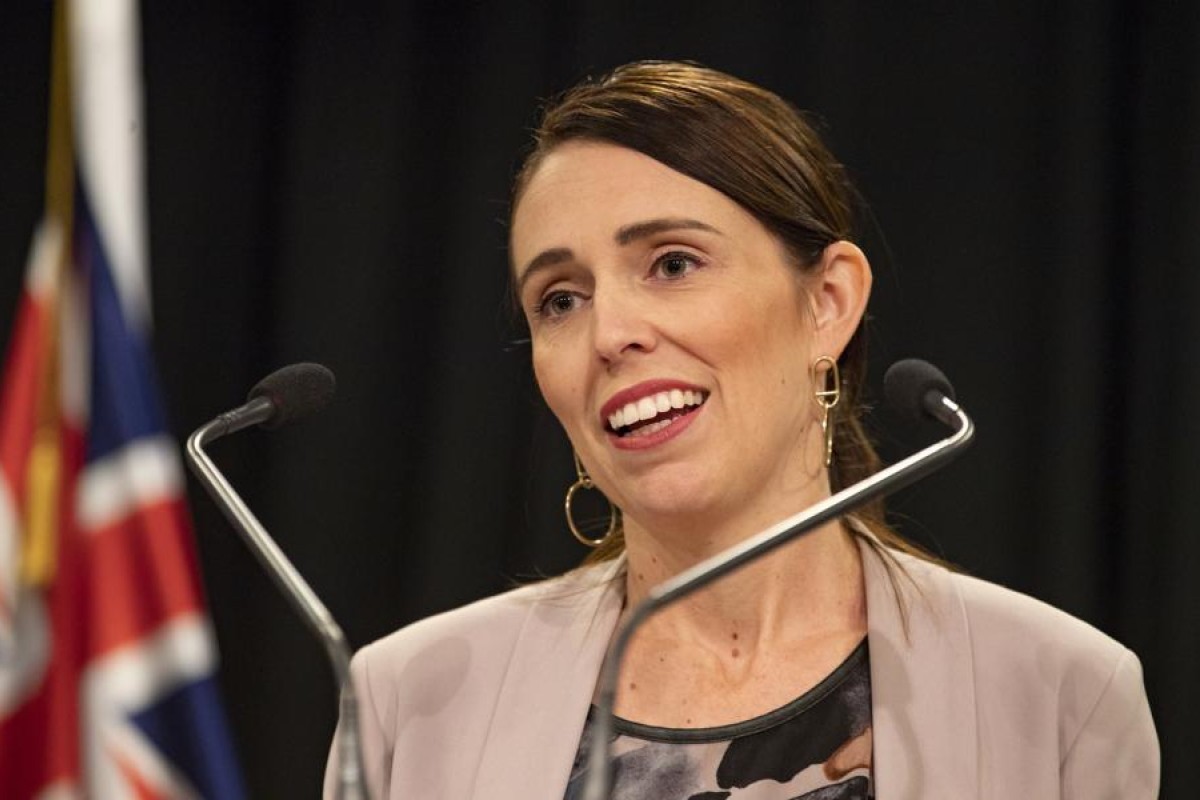
New Zealand Prime Minister Jacinda Arden supports students attending #FridaysForFuture climate strikes
The Kiwi leader's attitude is at odds with official statements from other governments including Hong Kong and Australia
 Ardern says great strides have been made in attitudes towards climate change.
Ardern says great strides have been made in attitudes towards climate change.New Zealand Prime Minister Jacinda Ardern gave her support on Wednesday to a youth movement urging government action to tackle climate change ahead of protests by students across the world later this week.
Thousands of school children in Australia and New Zealand intend to skip school and protest on Friday as part of similar action by students worldwide taking their cue from 16-year-old Swedish climate activist Greta Thunberg.
“Don’t underestimate the power of your voice,” the 38-year-old Ardern told local organisers of the protests and students during a live debate at a college in Wellington.
10 ways to support the Global Climate Strike for Future, whether or not you're skipping class
“Too often we make this assessment that to make an impact we have to be of voting age. That is not the case,” she said.
Students who cut class to join protests have been rebuked by politicians, including Australian Prime Minister Scott Morrison who said last year more learning and less activism was needed in schools.
Whether students should be striking during school time was a decision for students and their parents, Ardern told local media earlier in the day.
Ardern said great strides had been made in attitudes towards climate change over the years.
Hong Kong needs a dedicated climate change authority
She said she was booed by an audience 10 years ago for speaking about climate change, which she has described as her generation’s “nuclear-free moment”.
“Now people are not debating whether we should do something. Now they are just debating how fast or what we need to do. And that is a big change,” she said.
“What we do now needs to last to 2050 and beyond. So we have a much higher chance of doing that if we bring everyone with us,” she said.
